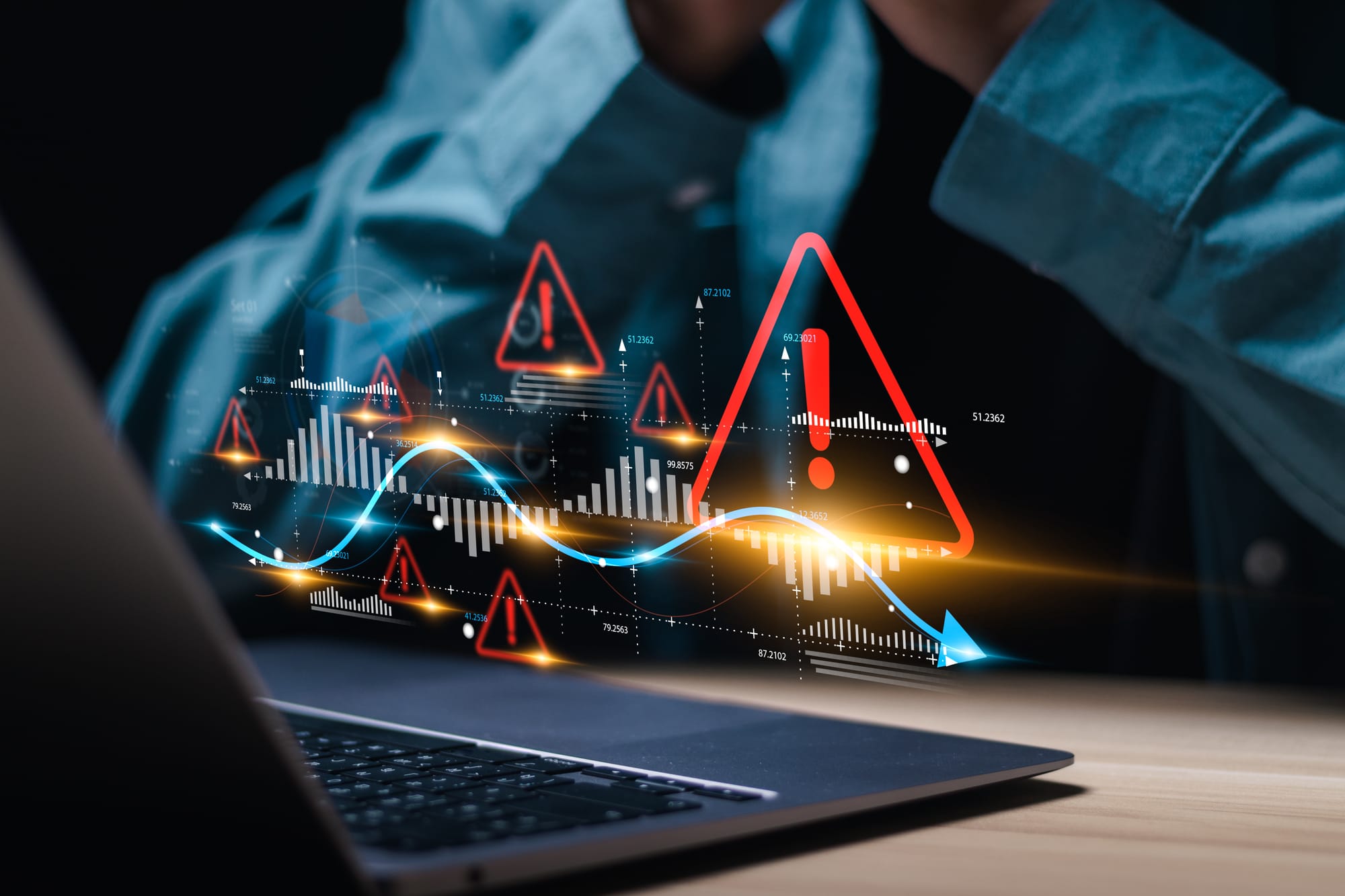WORLD ECONOMIC FORUM – LEADERS MUST ADOPT A SECURITY-FIRST APPROACH

The recent World Economic Forum held in Davos this year highlighted a significant emphasis on Cyber Security.
“As society moves further into the digital age, emerging technologies bring unprecedented opportunities for economic growth, operational efficiency and societal advances”
The rapid advancement of artificial intelligence, machine learning, and quantum computing has introduced considerable threats to global cybersecurity. In 2024, a multitude of attacks aimed at banks, government institutions, medical facilities, and various other sectors inflicted billions of dollars in damages to the global economy. Software vendors are deeply committed to Cyber Security technologies, but so are cybercriminals. In fact, a key topic highlighted at the forum can be summarized as follows:
“Emerging technologies are expanding the digital attack surface at an unprecedented rate, creating new vulnerabilities and complexities that traditional security measures may not adequately address.
The anticipated surge of internet of things (IoT) devices, projected to surpass 75 billion globally by 2025, introduces countless potential entry points for cyberattacks. Similarly, integrating AI into critical infrastructure, while offering enhanced capabilities, also exposes systems to risks such as data poisoning, adversarial attacks and deepfakes, which can manipulate AI algorithms to behave unpredictably or maliciously.
The increasing interconnectivity of these technologies results in a more complex and dynamic threat landscape. A breach in one system can trigger cascading effects across multiple interconnected networks, potentially disrupting critical infrastructure and services on a massive scale. This interconnectedness, while beneficial for operational efficiency, necessitates a comprehensive and adaptive approach to cybersecurity – one that not only protects against potential breaches but also ensures robust recovery mechanisms to maintain continuity and trust in digital systems.”
The World Economic Forum, in partnership with Accenture, has released a comprehensive report titled "Global Cyber Security 2025." Open Architecture Systems recommends this document as a valuable resource for gaining insight into both the technological advancements and the potential risks associated with emerging technologies.
In summary, the document presents the outlook as follows:
“Ultimately, overcoming today’s challenges requires not just technological innovation but a shift in perspective. Cyber resilience must be recognized as a collective responsibility, with organizations of all sizes working together to fortify the interconnected networks that underpin the digital economy. Further, there is a need for decisive leadership action to prioritize cybersecurity among and between organizations; beyond technical indicators, robust criteria rooted in the economic implications of cyber insecurity will be required. A united leadership team, in which business and cyber leaders see eye to eye on the cyber risks facing the organization, is critical to navigating growing cyber complexity.”
Download Global Cyber Security 2025 eBook - click here